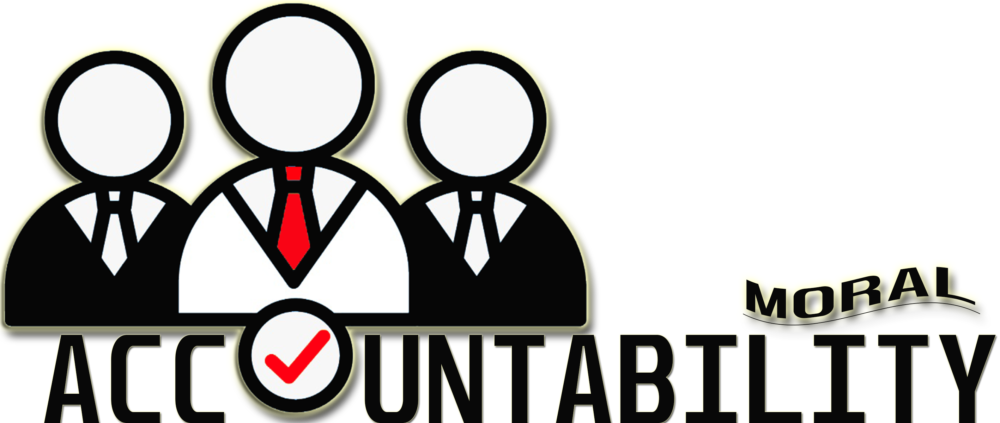A retirement plan is an excellent benefit for employers and employees. It can improve employee savings, but it can also help attract and retain talented employees. A retirement plan can help your company stay competitive and attract top talent. Read on to learn why we need to set up a retirement plan. Below are the top four reasons to offer a retirement plan to employees.
Tax breaks
Congress passed a new law that recently expanded tax breaks for companies with a retirement benefit plan. Small employers can now claim up to a $5,000 credit against taxes on startup costs associated with retirement plan creation. However, establishing a program is not cheap, mainly if employees are low-wage earners. To claim the credit, employers must submit Form 8881, Credit for Small Employer Pension Plan Startup Costs PDF, and make sure that employees are not in similar plans within three years before the plan’s first year.
The first tax break for companies that set up a retirement plan involves the Automatic Contribution feature. If you offer it to your employees, your employer will automatically contribute a portion of their wages to the plan. As a result, you’ll earn a $500 tax break for each eligible employee in the first three years.
Employee benefit
There are several types of retirement plans for small businesses. Typically, companies with fewer than 100 employees use a 401(k) plan, a tax-deferred plan. These plans have fewer administrative requirements and are generally easier to administer. In addition, the contributions made by employers are tax-deductible as a business expense. Ultimately, SEP plans are ideal for companies that want to provide employees with a retirement plan but don’t want to take on administrative work.
Another type of retirement plan is profit-sharing, allowing an employer to determine how much to contribute. Companies that choose this option may offer more attractive compensation to attract and retain talented employees. Contributions to retirement plans are tax-deductible, helping the company reduce its overall tax bill. This type of plan isn’t appropriate for all companies.
Saving for retirement
If you’re not already part of a company’s retirement plan, it’s essential to do so. If you’re under 40, you should be contributing about ten percent of your salary to your retirement account. If you don’t save this much, you may come up short when the time comes for you to retire. In addition, your employer should be able to help you keep more for retirement by offering tax credits for those who sponsor their plans.
Besides providing tax benefits, these plans are also crucial for your future. Most companies match a portion of what you contribute to your account. You can opt-out, but this could leave you behind on your savings. If you go to a company, resist the temptation to cash out your retirement savings. Those savings will be worth a lot later on. So, take advantage of your company’s retirement plan while working.
Millennials’ influence on entrepreneurship
While millennials represent the most significant portion of the US workforce, they only account for 6{ad32ed0a13136b103af9d3a394e02da0554082c44192991dedf3528c30a7f01b} of household wealth. The Baby Boomers and Gen Xers make up the rest. However, wealth can accumulate over a lifetime, even in the most affluent families. As a result, Millennials tend to prioritize entrepreneurship and financial security. Their financial literacy is higher than their elders’, and they scored higher than their parents on the TIAA-CREF Financial IQ Quiz.
Millennials’ influence on entrepreneurship and the need for a retirement plan are two sides. While the baby boomers have been working for decades, the millennials are just beginning to enter the workforce. This generation is atypical among the other generations, and most millennials want to make a living now rather than later. The job market has increased for older workers, but younger workers are less likely to retire.

